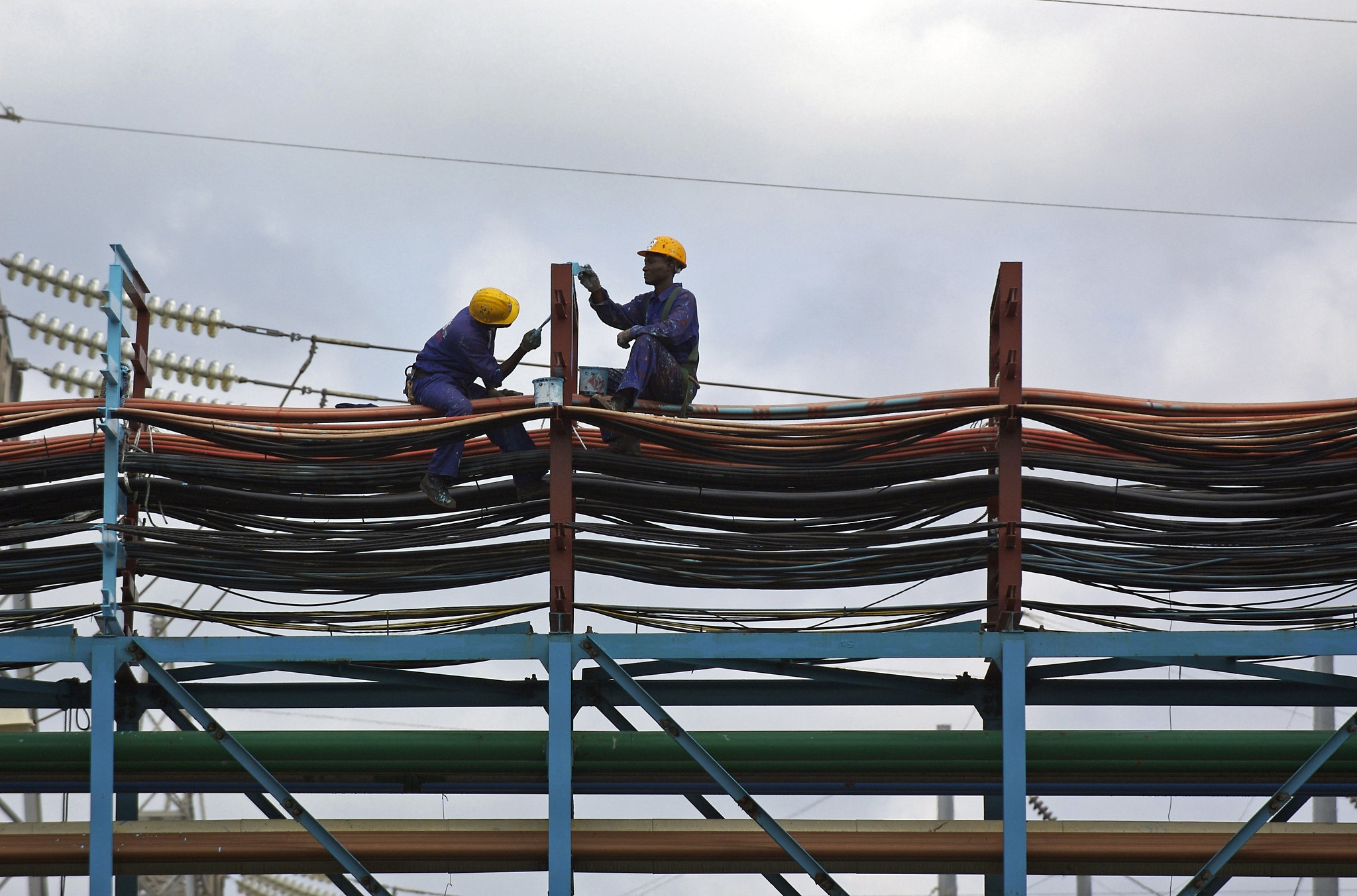Impact of Prepaid Meters On Electricity Consumption and Consumer Welfare in Ghana

Workers maintain the thermal power station at Takoradi, Ghana | Credit: Jonathan Ernst, World Bank.
Study Context
Increasing access to affordable, clean energy is the basis of Sustainable Development Goal (SDG) number seven, and central to achieving many of the SDGs– in Ghana, it is estimated that only 82.5 percent of households in 2016 have access to electricity. Attaining full electricity access requires increasing the production capacity through increased investment in the generating capacity, as well as improving energy consumption and distribution efficiency. A number of studies have examined the effect of switching from postpaid to prepaid metering on energy conservation and found positive and statistically significant outcomes (see e.g., Qiu et al 2017, Aliu 2020, Jack and Smith, 2020). In Ghana, prepaid meters are promoted and adopted due to lowered operating costs for power distributors, fewer delayed bill payments, and reduced fraud through illegal access to power. However, the research thus far leaves a gap in identifying and explaining how prepaid meters may affect the welfare of households in different income quintiles.
Study Design
This project examines electricity consumption behavior and estimates the consumer welfare implication of implicit price changes induced by the adoption of prepaid meters for people of different quintiles.
Results and Policy Lessons
Results forthcoming.




